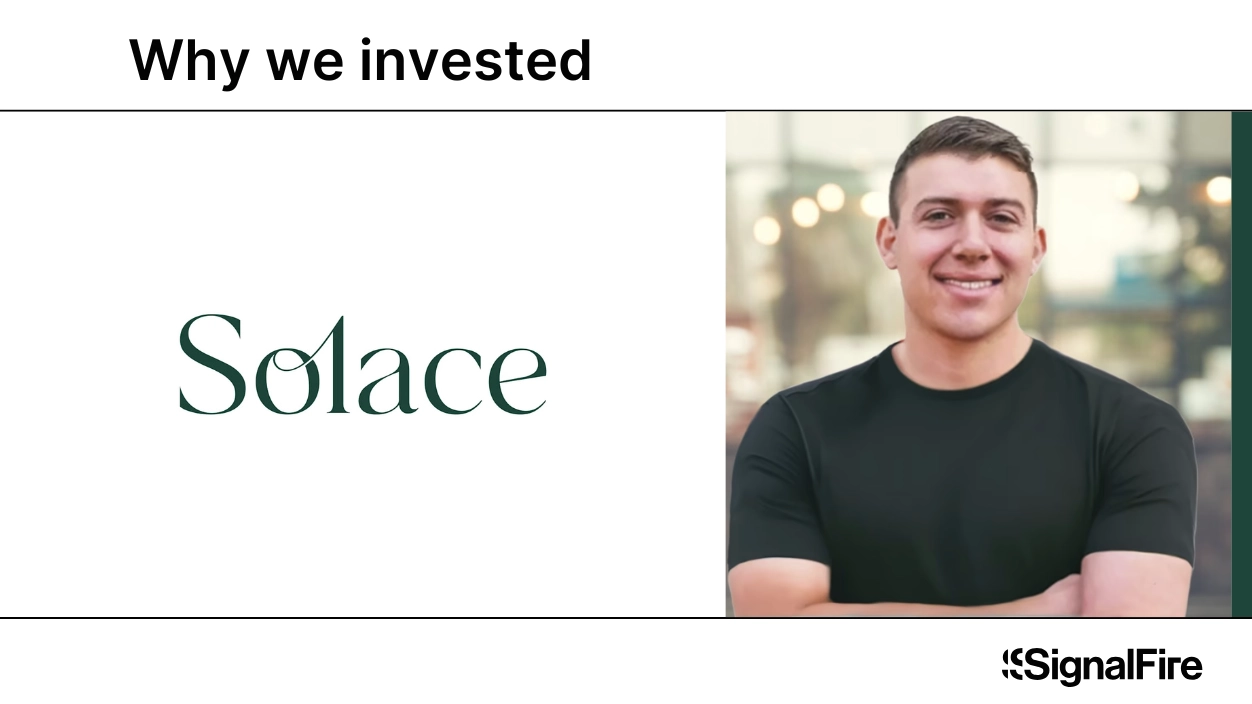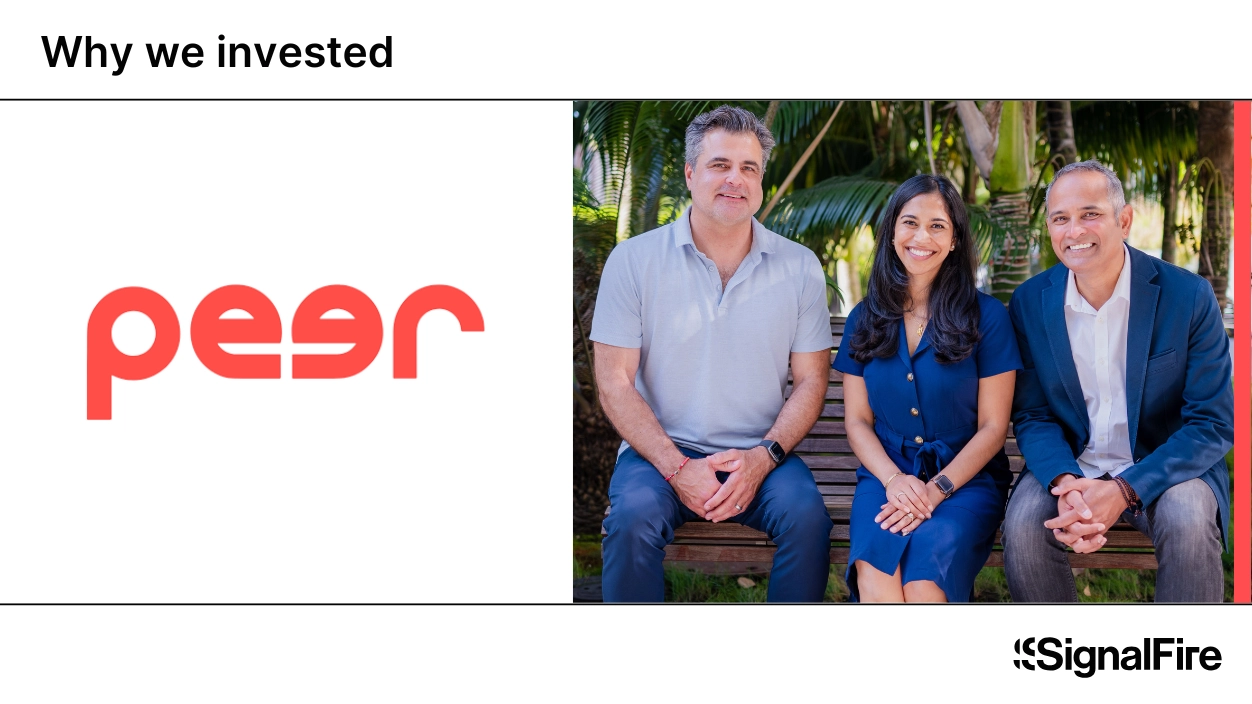
Silicon Valley lore is replete with remarkable startup origin stories, but Moawia Eldeeb’s personal journey to founding Tempo stands out.
After working shifts as a middle schooler at a Queens pizza shop to support his family, Moawia’s home burnt down and his family was homeless. During his time living in a Red Cross shelter, Moawia developed a passion for fitness working out at a free gym while finishing his final two grades of high school in a single year. He then put himself through college - a computer science degree at Columbia - by becoming a physical trainer. There Moawia met fellow computer science student Josh Augustine, and after graduating, the two decided to found Tempo with the mission of making personal training and fitness more accessible.
 |
56 million Americans have a gym membership, and the vast majority aren’t reaching their goals. Even in the best of times, gyms have an incredibly low membership utilization rate. This shouldn’t come as a surprise, as even reasonably physically active people find it hard to drag themselves out of bed and commute to an intimidating gym experience, suffering in front of strangers. To keep motivated, many gym-goers enlist the help of physical trainers, but the service can often cost $100 an hour or more, making it inaccessible to the mass market.
Six years later, our seed investment Tempo is now announcing a $220M Series C round to scale their rapidly-growing in-home fitness studio, bringing greater convenience and a membership fee a tenth of the cost of a personal trainer. Born out of Moawia’s direct experience as a trainer himself, Tempo provides the personalization, equipment, and community to unlock the biggest segment of this gym market - weight and high intensity (HIIT) training. Peloton became a $30B behemoth by bringing cycling workout classes to the home, a 10x smaller segment.
 |
Unlike other in-home workout products, Tempo uses real weights that are tracked by these 3D sensors - a much more familiar workout experience for most gym-goers versus using cable machines, or working out without any equipment at all in the case of app-based streaming services. Tempo also uniquely features 3D infrared sensors that create an 80,000-point model of your body and hones in on 25 key pivot points, enabling elite trainers to remotely track your form, count reps, and provide personalized feedback to fix mistakes. The product further combines this with heart rate data and speed of reps to make suggestions on weights and exercises. In addition, Tempo has a much smaller footprint than other products, and doesn’t require manual installation into walls. That's often a deal-breaker for on-the-go Gen Zers and millennials that move frequently.
COVID has undoubtedly accelerated the movement to in-home fitness as gyms closures gave fitness buffs no other options. But we’ve had a long-time thesis at SignalFire in the power of AI + human in the loop to transform inefficient industries through a full-stack model. Tempo enables trainers to deliver real-time feedback in a more precise way, compress the cost of personalized training 10x, and bring the full experience of a gym into the home without any sacrifices in the exercises you can do through a seamlessly-integrated hardware/software and computer vision bundle.
 |
Tempo’s company history is a case of startup mirroring life. Other competitors have raised tens of millions before shipping their consumer hardware, historically one of the most capital-intensive products to bring to market. Moawia and team spent 5 years after raising their initial $1.85M seed round co-led by SignalFire and Khosla Ventures to develop an even more compelling in-home fitness experience.
Over that time, Moawia and team explored a number of different approaches partnering with gyms and OEMs/distributors around the world, iterating out of a garage while paying themselves the equivalent of minimum wage, even as the cost of living exploded in Silicon Valley. This second chapter of remarkable resilience allowed Moawia and team to collect the world’s largest dataset of annotated workouts (1M sessions) to train the machine learning models now powering Tempo’s technology.
 |
In the ultimate example of startup mirroring life, Moawia has continued to do more with less. It’s been a privilege to support the growth of Tempo since the first round, recruiting early leadership team members and continuously collaborating with Moawia on the buildout of Tempo’s evolving organization. We couldn’t be any prouder to be part of the journey, and can’t wait for the next phase of the business as it continues to reimagine and democratize physical fitness.
Subscribe to SignalFire's newsletter for guides to startup trends, fundraising, and recruiting
*Portfolio company founders listed above have not received any compensation for this feedback and may or may not have invested in a SignalFire fund. These founders may or may not serve as Affiliate Advisors, Retained Advisors, or consultants to provide their expertise on a formal or ad hoc basis. They are not employed by SignalFire and do not provide investment advisory services to clients on behalf of SignalFire. Please refer to our disclosures page for additional disclosures.
Related posts

Why we invested in Solace: Making healthcare advocacy a standard of care


